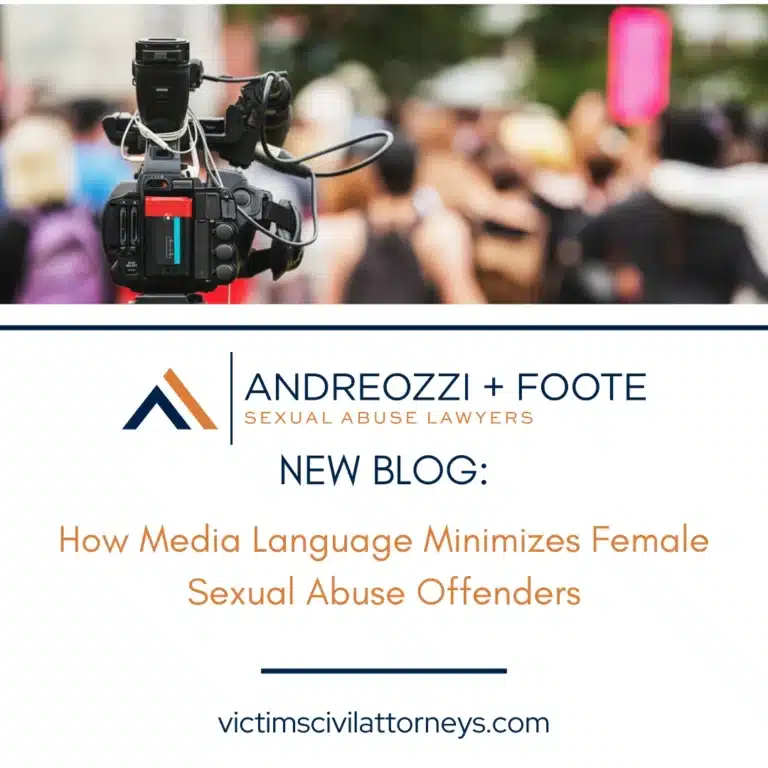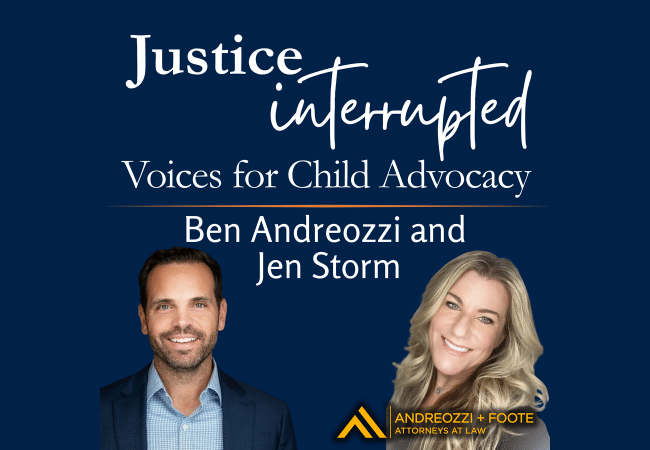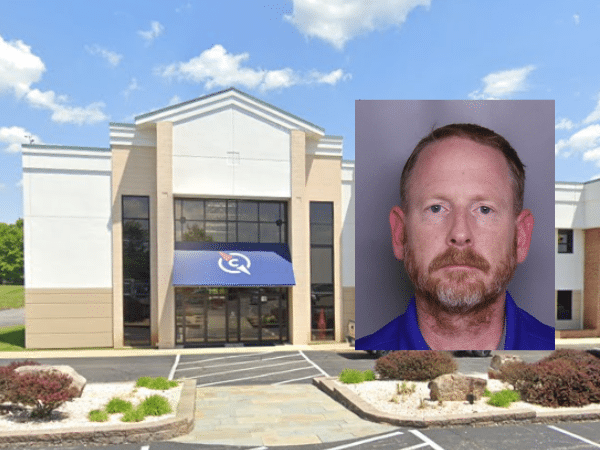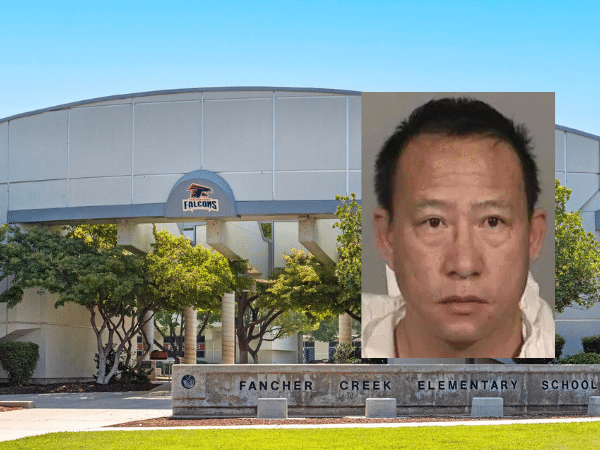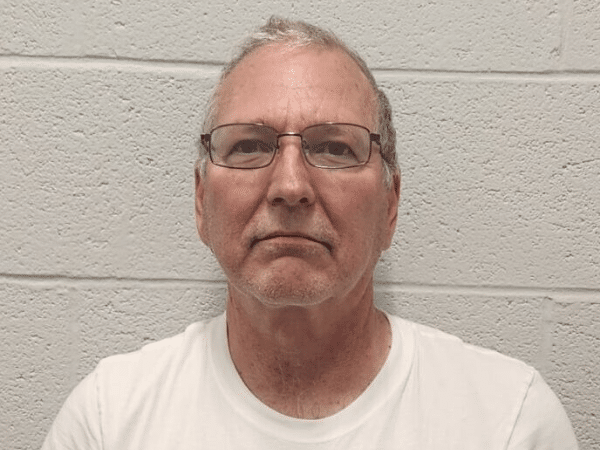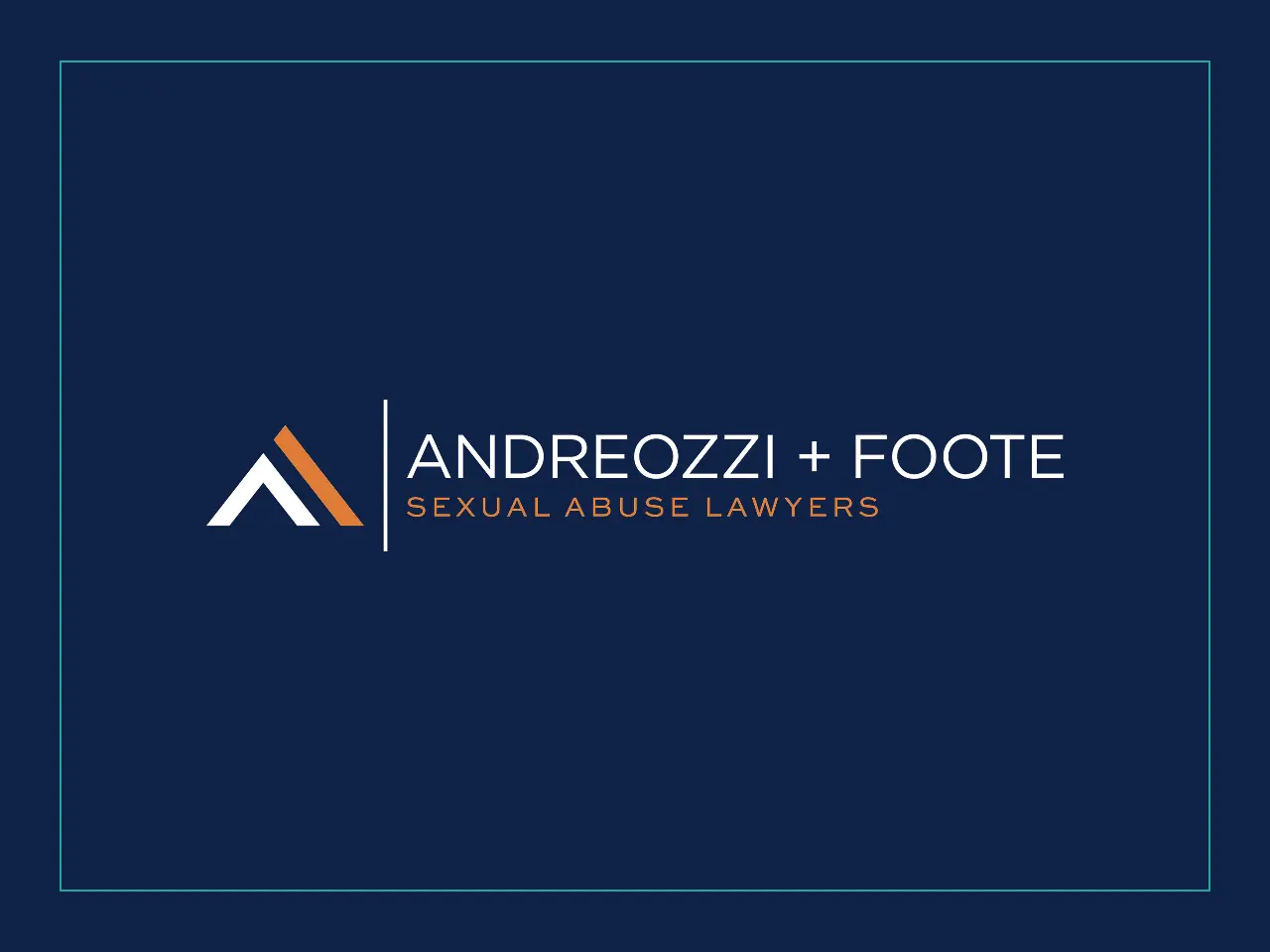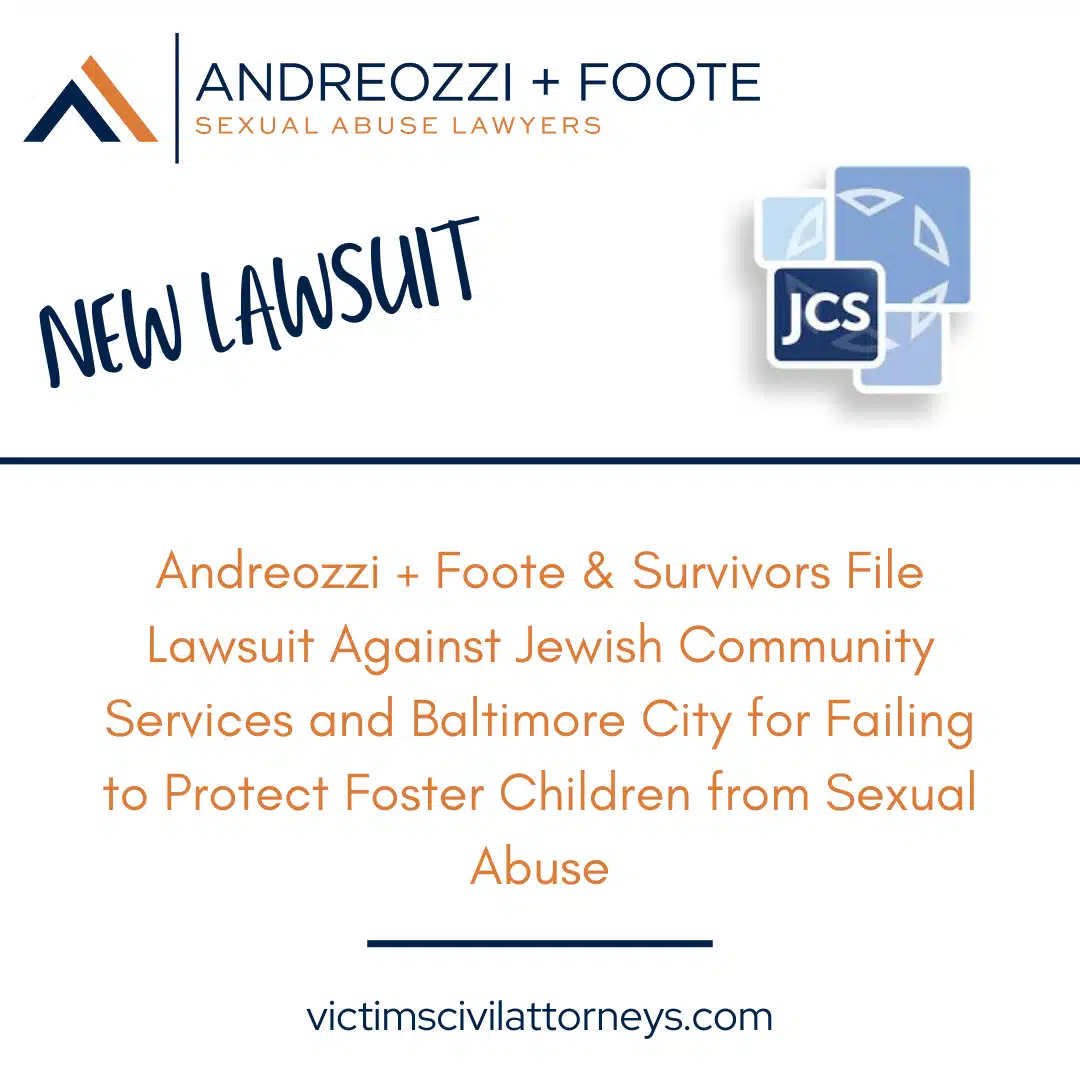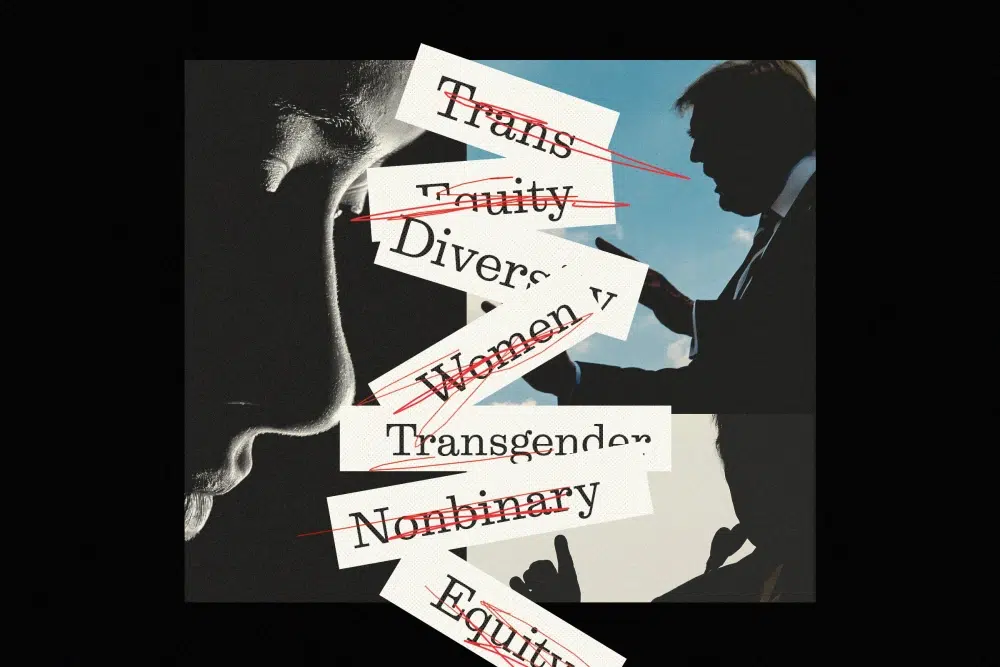When it comes to how the media talks about sexual abuse cases, the words we choose matter immensely. The way media language minimizes female sexual abuse offenders is problematic at best and dangerous at worst. Time and again, we see that cases involving female offenders are often framed in ways that downplay the abuse and manipulate public perception. Instead of labeling these women as “predators” or “abusers,” we see softer words like “relationship” or “affair,” which sidestep the reality of abuse. When we use language that implies consent or reciprocity, we shift the focus away from the true harm done—and that can have devastating consequences for survivors.
How Language Shapes Perception of Abuse
Media has the power to frame reality, and in abuse cases, the correct language should shine a clear light on the trauma inflicted. But words like “relationship” can imply a consensual connection, which is misleading—especially when we’re talking about minors or young people. Imagine a vulnerable teen who’s been manipulated by a trusted adult. When the media describes this as a “relationship,” it sends a dangerous message that undermines the survivor’s experience, suggesting they had agency in something they did not.
This shift in language is especially damaging in cases involving female offenders, where words like “affair” or “fling” are used instead of “assault” or “abuse.” These terms normalize abusive dynamics and even suggest that the victim somehow participated willingly, which is far from the truth. Using words like “sex” instead of “rape” or “assault” does a disservice, invalidating the experience of those who suffered it.
Impact of Media Language Minimzes Female Sexual Abuse Offenders
We live in a society that often views women as nurturing, harmless figures, and that stereotype can be blinding. When female offenders are framed in softer language, it creates a ripple effect that causes disbelief and minimization when survivors come forward. This double standard does a disservice not only to survivors but also to society’s understanding of abuse dynamics, as it wrongly implies that women are incapable of causing harm.
This perception hits male survivors particularly hard.
Male survivors are often socialized to view sexual encounters with older women as something to boast about rather than trauma.
When the media uses terms like “relationship” or “affair,” it reinforces the idea that these boys are somehow “lucky” rather than victims. Thus discouraging them from seeking the support they desperately need.
The Psychological Toll on Survivors
When the media frames abuse as a “fling” or “relationship,” it adds layers of trauma for the survivor. Survivors may question whether their experience even “counts” as abuse, especially if it’s downplayed in the press. Younger survivors, in particular, might feel confused about what happened to them, leading to a sense of shame or responsibility. This phenomenon—what we might call “gaslighting by media”—invalidates survivors’ experiences and leaves them feeling isolated, often deterred from speaking out or seeking help.
Survivors already face immense societal pressures and stigma, and when their experiences are minimized, it compounds those challenges. Minimizing language not only adds to the survivor’s burden of shame and guilt but also creates obstacles to coming forward. Worse, it can discourage survivors from seeking justice or the psychological support that’s essential to their healing.
Responsible Reporting in Female Sexual Abuse Offender Cases: A Call to Action
Media outlets have an ethical responsibility to accurately and respectfully report on sexual abuse cases, regardless of the offender’s gender. In cases involving female offenders, journalists should be especially mindful to avoid language that implies consent or downplays the offense. Using accurate terms like “abuse,” “assault,” and “exploitation” preserves the integrity of the survivors’ experiences. It acknowledges the trauma they endured.
Journalists can also enhance public understanding by describing the inherent power dynamics in abuse cases. Describing the authority held by the offender clarifies that these cases are manipulative and exploitative. This responsible reporting not only respects the survivor’s story but also educates the public about the complexity and severity of abuse. Reinforcing that all abuse, regardless of the offender’s gender, is equally serious.
Advocating for Survivors and Accountability Through Media Language
Advocacy for responsible media language is more than just semantics. It’s about creating an environment where all survivors feel validated, heard, and supported. By using terms that reflect the true nature of abuse, the media can help foster empathy and dismantle stereotypes. This shift would encourage more survivors to come forward and promote a societal understanding that abuse knows no gender.
Accurate reporting also promotes legal and social accountability. When female offenders are portrayed truthfully, it sends a powerful message that abuse in all its forms is unacceptable. This change can contribute to fairer sentencing, discourage victim-blaming, and support policies that center survivor support and accountability.
Words have power. The language we use in discussing abuse cases shapes how survivors are perceived, treated, and supported. Responsible and accurate media coverage fosters a culture that takes all abuse seriously. This ensures survivors receive the validation and justice they need and deserve, regardless of the circumstances. We must continue holding the media accountable for media language that minimizes female offenders.

